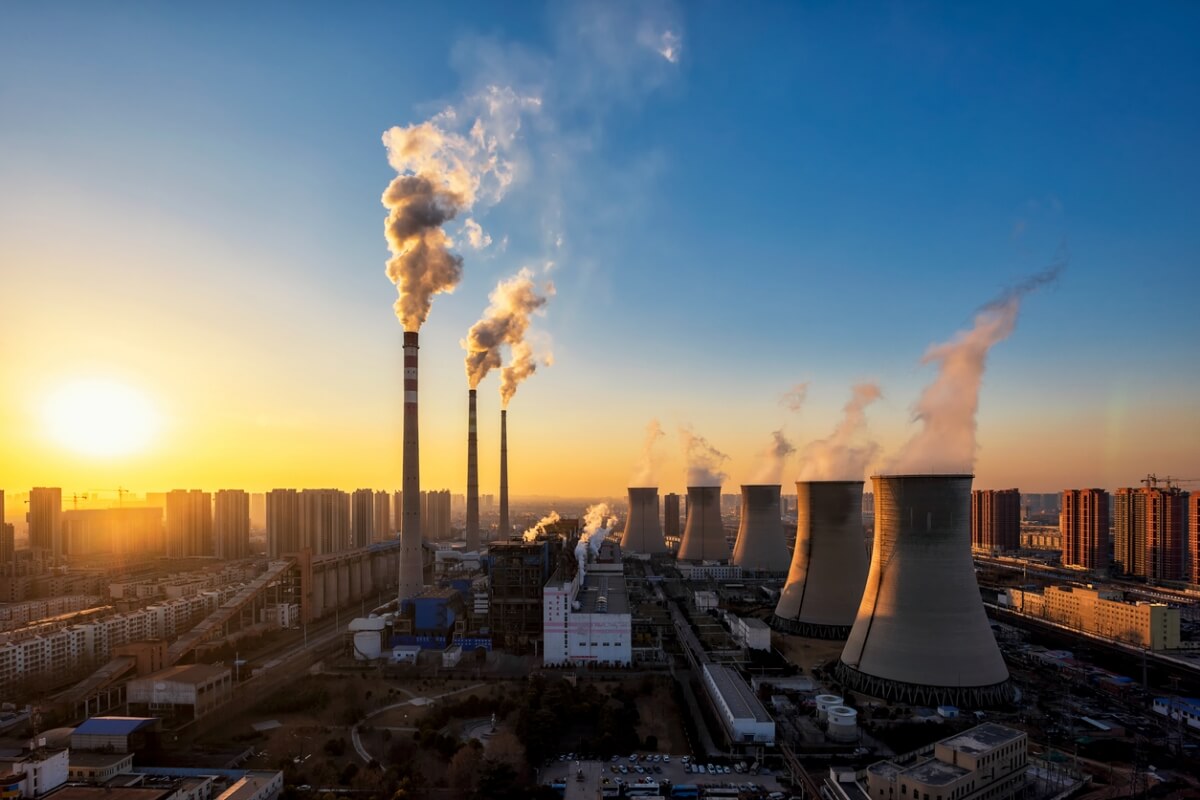Insight Focus
- Companies to be required to buy carbon credits to cover emissions.
- Domestic credits may also be sold abroad.
- Market could cover 4,000 installations.
The Brazilian government is backing a new proposal for a nationwide carbon market that would set up a mandatory trading system to cut greenhouse gas emissions by 50% from 2005 levels by 2030.
The new draft law has been introduced into the Senate, and sets out the legal basis for carbon trading as well as the governance. More detailed regulations would follow if the law were approved.
The proposal sets a threshold of 25,000 tonnes per year for participation in the market, and requires any industrial unit emitting more than 10,000 tonnes per year to report its emissions. The parameters of these requirements would cover roughly 4,000 installations, according to a government estimate.
Compliance entities would be required to surrender domestic carbon credits, such as those registered and approved under the Clean Development Mechanism, as well as under the new Article 6.4 market being established by the United Nations.
The draft law also establishes a pathway for these Brazilian carbon credits to be marketed internationally under the Article 6.4 mechanism, with international transfers subject to approval by the market regulator to ensure that Brazil can meet its own climate targets as well as benefit from inward investment and the sale of credits abroad.
Rights of indigenous peoples are specifically addressed in the proposal; local populations would be accorded the right to sell credits generated on their traditional lands, and would be compensated for any adverse impacts from carbon reduction projects. All projects would be required to share revenues with local actors.
Experts at the International Carbon Action Partnership say that if the law is passed in both houses of Brazil’s legislature, which could be as soon as later this year, a carbon market could be operational within four to five years.
With its proposed domestic carbon market, Brazil joins other major emitting nations including Indonesia, India, Malaysia and Vietnam who are all developing mandatory domestic carbon markets that would allow the use of carbon credits to comply with reduction targets set out in their Nationally Determined Contributions (NDCs).
These carbon credit-based markets differ from so-called “cap-and-trade” systems that exist in Europe, the UK and the United States since they do not set a specific limit on the total volume of greenhouse gases that can be emitted, but rather require carbon credits matching verified emissions to be surrendered.
As a result, total emissions may continue to rise, and companies simply need to buy more carbon credits.
In contrast, cap-and-trade systems set a legally-binding limit on total emissions that shrinks each year, forcing factories to invest in clean technology or to buy allowances from a pool that reduces in size over time. As the price of allowances rises, investment in more expensive technologies and alternatives becomes economical.













